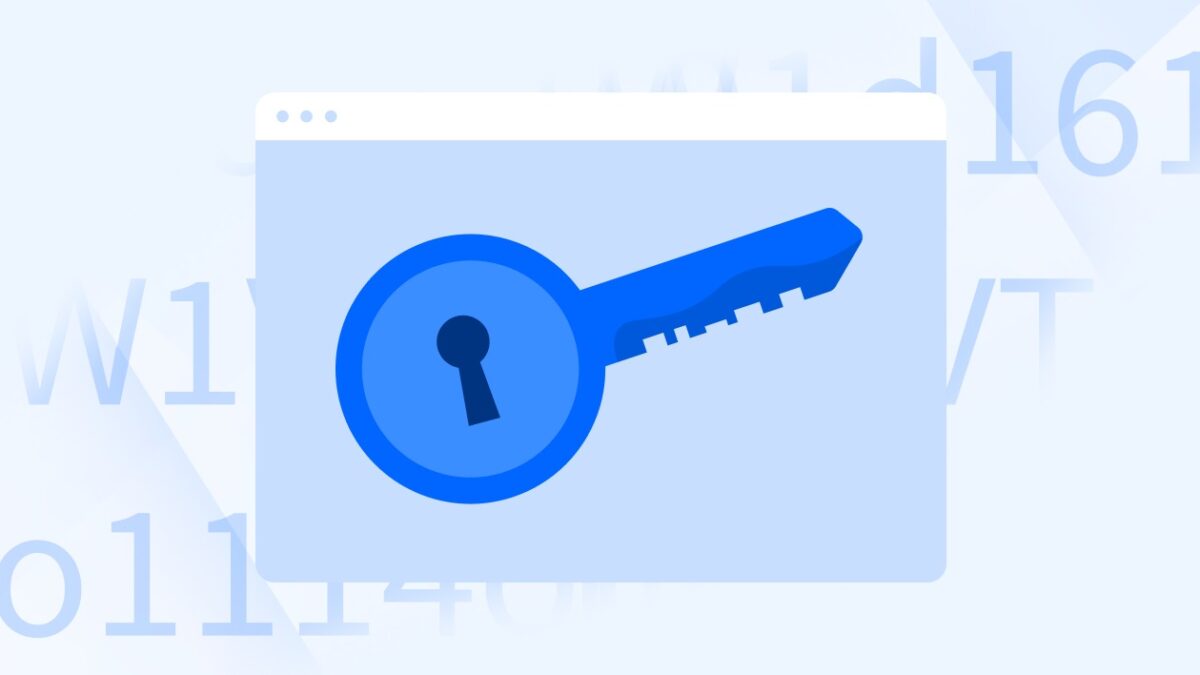Proxy servers are important for keeping your computer safe. They can act as filters or walls, protecting your computer from bad things on the internet like viruses. Know more about maxmind anonymous proxy database
People use proxy servers for different reasons. Some use them to hide where they are when they watch things online.
Companies use them for different reasons:
– Making things more secure
– Keeping an eye on what employees do online
– Making sure the internet doesn’t crash
– Deciding what websites employees can look at
– Saving internet space by storing files or making things smaller
When you use a proxy server, your computer talks to the proxy first. Then the proxy talks to the internet for you. It’s like sending a message through someone else before it goes to the person you want to talk to.
You can get a proxy server in two ways: with hardware or with software. Hardware is like a physical thing you connect to your network. Software is like a program you use on your computer. Sometimes you have to pay for software proxies, but sometimes they are free.
Each type of computer has its way of setting up proxies. Usually, you just have to follow some steps to do it.
Proxy servers help to keep your computer and data safe. They work like walls and filters, stopping bad things from getting in or out. With a proxy, bad people on the internet can’t see your computer’s address, so they can’t get to your stuff.
Proxy servers keep you safe, provide privacy, and let you see the internet from different locations. There are types for different needs: some for privacy, some for speed, and some free, some not.
Here are some types of proxy servers:
– Forward Proxy: It’s like a gatekeeper for a group of people. It decides if messages should go through.
– Transparent Proxy: You don’t even know it’s there. It helps you use the Internet without any extra work.
– Anonymous Proxy: It hides who you are when you use the internet.
– High Anonymity Proxy: It hides who you are even better than an anonymous proxy.
– Distorting Proxy: It lies about who it is but still keeps you safe.
– Data Center Proxy: It’s fast and cheap but doesn’t hide who you are very well.
– Residential Proxy: It’s like using someone else’s address when you use the internet.
– Public Proxy: It’s free but might be slow and not very safe.
– Shared Proxy: It’s cheap but might get you in trouble if someone else does something bad.
– SSL Proxy: It helps keep your messages safe when you use the internet.
– Rotating Proxy: It gives you a new address every time you use it.
– Reverse Proxy: It helps popular websites handle lots of visitors without crashing.
Related posts
Categories
Recent Posts
Tags
Calendar
| M | T | W | T | F | S | S |
|---|---|---|---|---|---|---|
| 1 | ||||||
| 2 | 3 | 4 | 5 | 6 | 7 | 8 |
| 9 | 10 | 11 | 12 | 13 | 14 | 15 |
| 16 | 17 | 18 | 19 | 20 | 21 | 22 |
| 23 | 24 | 25 | 26 | 27 | 28 | 29 |
| 30 | ||||||

